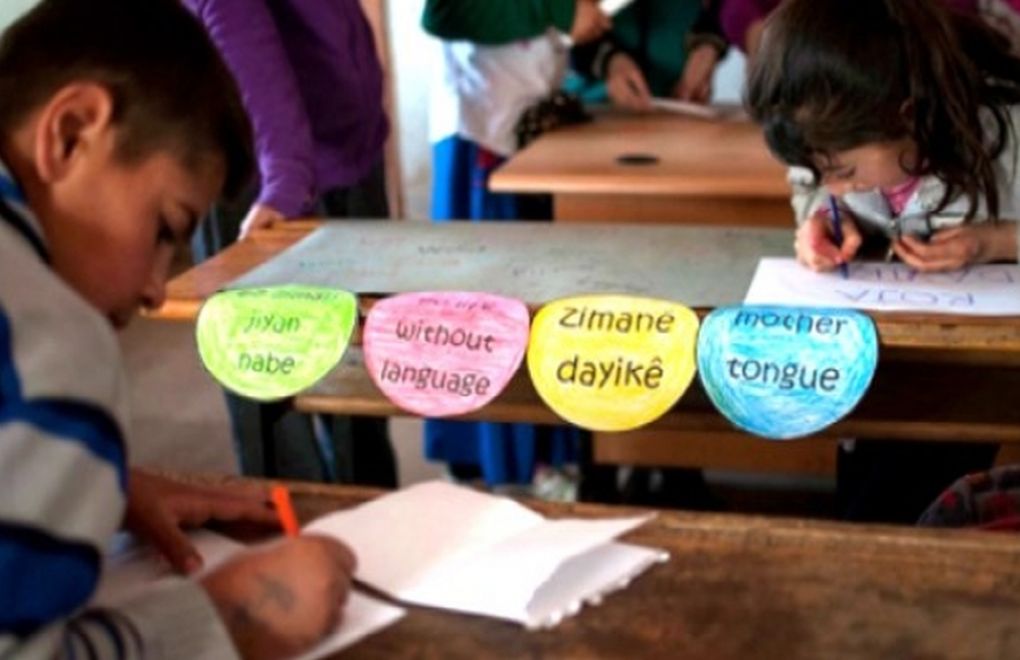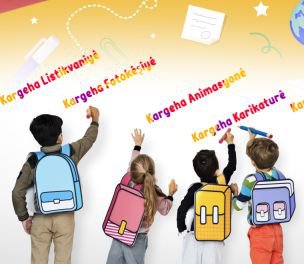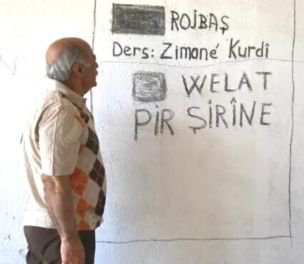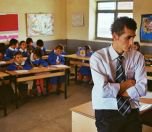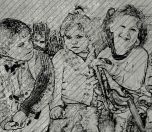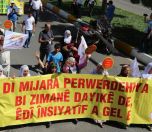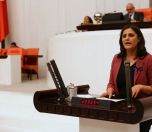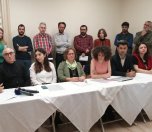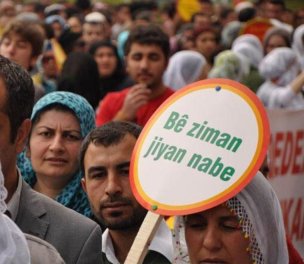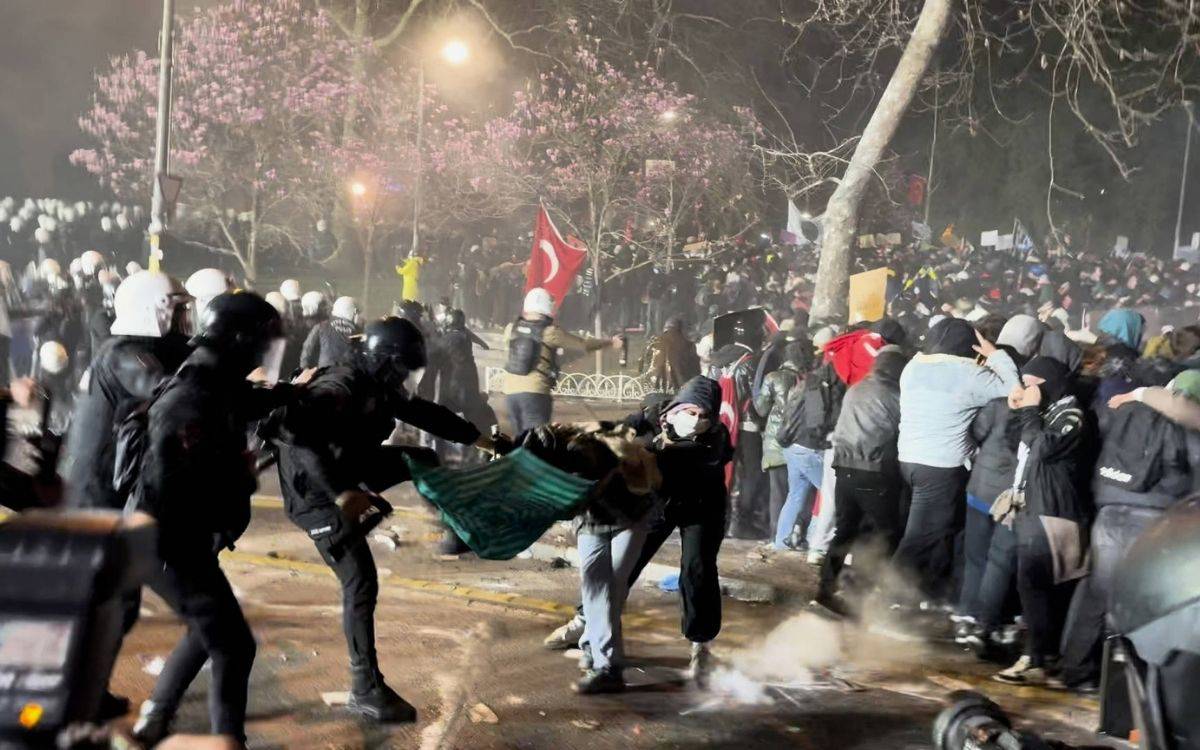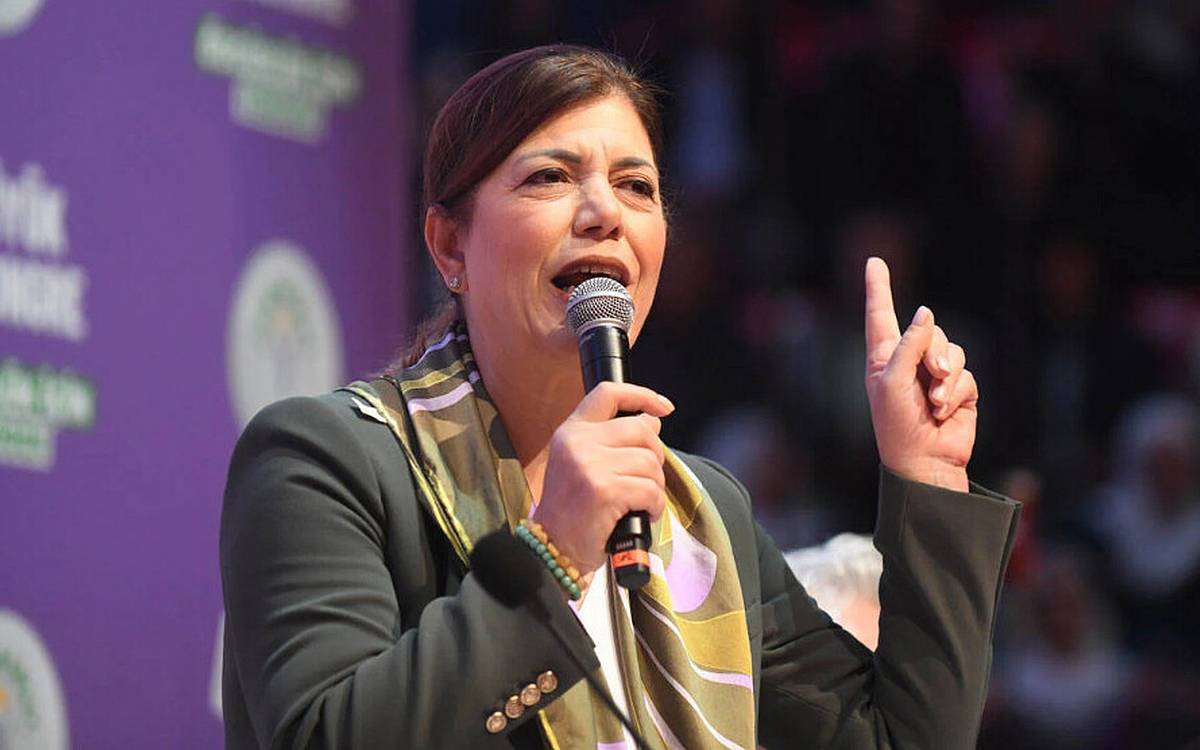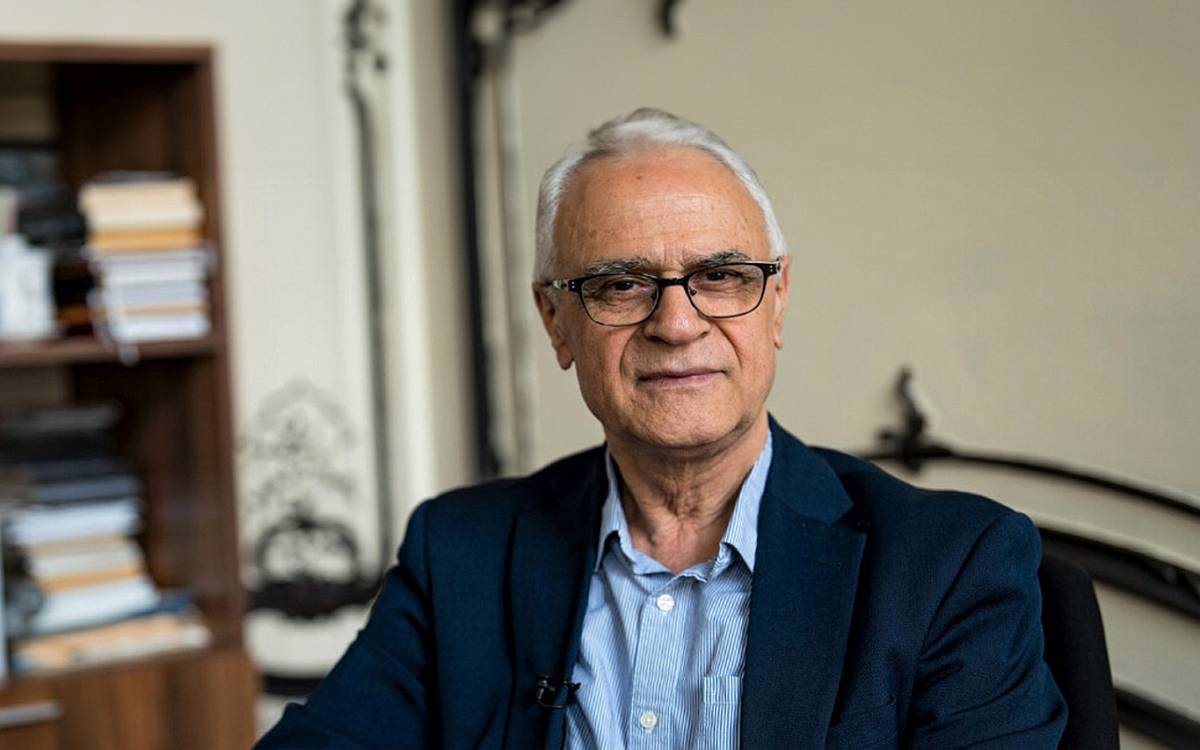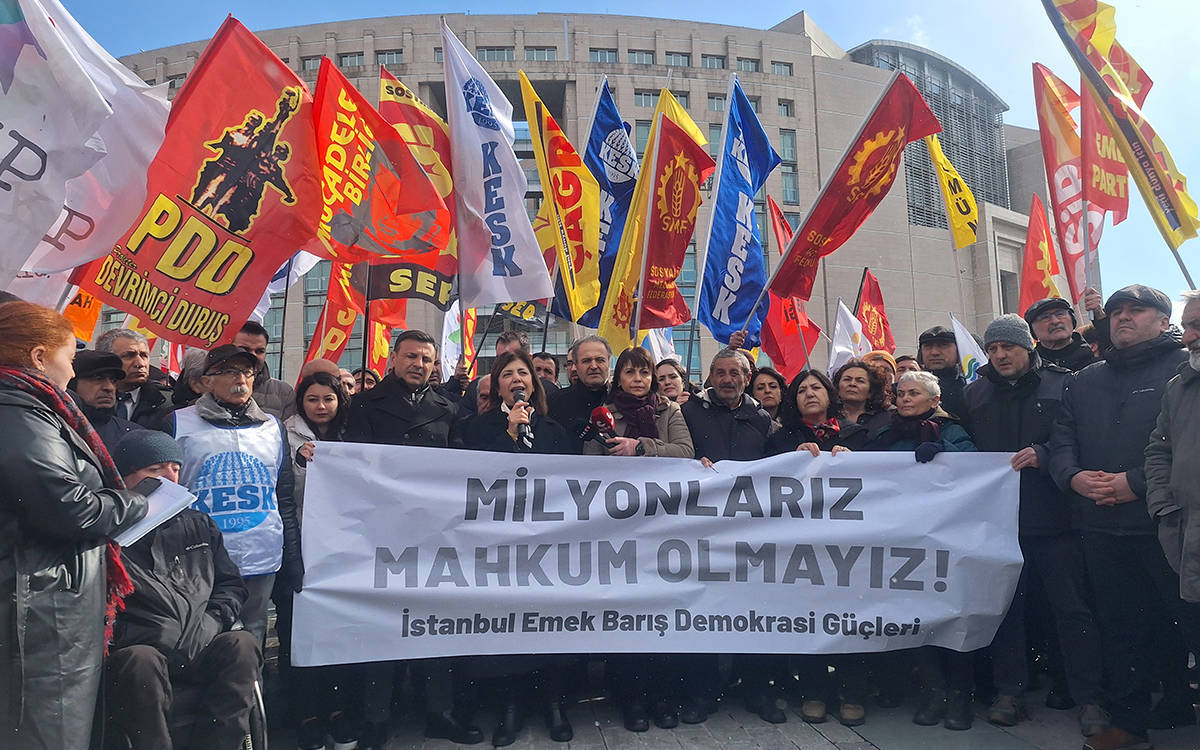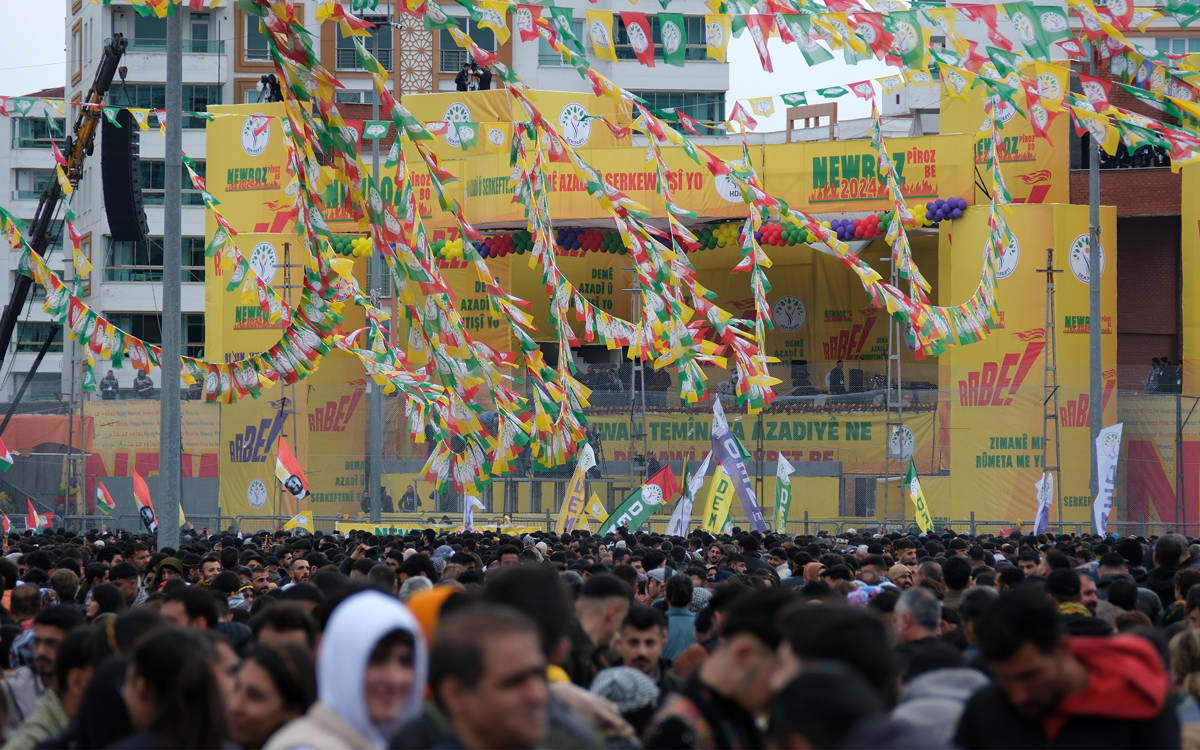Click to read the article in Turkish
The Socio-Political Field Research Center has announced the results of their research under the titles "Prevalence of Use of Mother Languages Other than Turkish, Protection and Education of Mother Languages" and "Living Languages and Dialects Elective Course."
The first part of the study was conducted in the provinces of Adıyaman, Ağrı, Ankara, Antalya, Batman, Bitlis, Dersim, Diyarbakır, Hakkâri, İstanbul, İzmir, Kocaeli, Mardin, Mersin, Urfa, Şırnak and Van.
The "Living Languages and Dialects Elective Course" research was also conducted with teachers in İstanbul, Van, Diyarbakır, Şırnak, Kocaeli, Şanlıurfa, Hakkâri, Siirt, Bingöl, Batman, Ağrı and Mardin.
In the study conducted between April 16 and 28, 86.3 percent of the participants stated that their mother language was Kurmanji, 10.2 percent Kırmanckî/Zazakî, 0.9 percent Arabic, and 0.8 percent Armenian. 1.8 percent of the respondents stated that their mother language was Turkish.
The interviewers were initially asked, "Which language is spoken mainly in your household/your family?" 65.3 percent answered Kurmanji, 28.9 percent Turkish, and 5 percent Kırmanckî/Zazakî.
To the question of "What is the language you speak mostly in the street/social life?" 57.5 percent answered Turkish and 40.5 percent Kurmanji. To this question, out of all native Armenian speakers, 88.9 percent of those who are Arabic, 71 percent who are Kırmanckî/Zazakî, and 54.4 percent of those who are Kurmanji stated that they speak Turkish on the street.
53.6 percent of the respondents said, "I speak, understand and read and write my mother language." 32.3 percent of them replied, "I speak, I understand, but I cannot read or write."
Conventions on Language Policies in Turkey1992 - The European Charter for Regional or Minority Languages NOTE: Turkey made the following reservation while becoming a party to the United Nations Convention on the Rights of the Child: "The Republic of Turkey reserves the right to interpret the provisions of the 17th, 29th, and 30th articles of the United Nations Convention on the Rights of the Child in accordance to its Constitution and the provisions and spirit of the Lausanne Peace Treaty of 24 July 1923. |
Armenians are the majority who speak their mother language
It was concluded that the percentage of those who "can both understand, speak, read and write" their mother language other than Turkish are mostly Armenian. 87.5 percent of those whose mother language is Armenian can both understand, speak, read and write.
The least "able to speak, understand, read and write" mother tongue group is Kırmanckî/ Zazakî, and this rate is 43 percent in Zaza language.
For those who said "I don't know my mother language/I can't speak", they were asked, "Why don't you know/can't you speak?"
57.1 percent answered "Because there is no school and resource where I can learn my mother language," 20.6 percent said, "Because my family does not speak/my family did not teach me," 13.5 percent stated, "Because it is forbidden", while 8.6 percent said, "I learned only the official language not to get excluded/only the official language was taught."
The number decreases with younger age
The interviewers answered the question of "Who in the household speaks their mother language and how often?" as follows:
82.4 percent of mothers and 82.5 percent of fathers, 39.6 percent of the 0-5 age group children, 37.2 percent of the 6-11 age group, 40.6 percent of children aged 12-17, 49.8 percent of the 18-24 age group, 61.3 percent of the 25-34 age group, 71 percent of the 35-44 age group, 80.9 percent of the 45-54 age group, 87.2 percent of the 55-64 age group, 92.7 percent of the 65 and over age group were said to be frequently speaking in their mother languages in their households. As the age gets smaller, the number of native speakers in the household decreases.
To the question "Do you speak your mother language to those who have children between the ages of 0-18?", 75.5 of the interviewees answered "Yes" and 24.5 percent "No." To the 24.5 percent group who said "No", "What is your reason for not speaking with the children in the household in your mother language?" was asked.
45.5 percent answered "Because our environment always speaks Turkish", 20.5 percent answered, "Because I don't know enough to teach", 18.8 percent, "Because I don't know my mother language" and 12.5 percent answered, "To protect the children from facing difficulties in school life."
To the question "How much effort do you make to teach children in this age group the mother language in the household?", while 80 percent of them said that they've tried teaching; 50.6 percent said "No" and 49.4 percent answered "Yes" to "Have you ever requested mother tongue education for school-age children living in your household?"
To the question "Have You Requested the 'Living Languages and Dialects' course, which is given in schools and is elective, for the children living in your household and of school age?" 54.5 percent of the interviewees answered "No" and 45.5 percent answered "Yes."
Elective courses at school
To those who had requested elective courses from the school were asked "What was the outcome?"
44.2 percent of them answered, "No class was opened even though we have requested, and the reason was not reported", 21.5 percent said "No class was opened due to the limited number of requests even though we had requested", 16.6 percent said, "The course did not open due to the insufficient numbers of teachers even though we had requested." Only 16.3 percent of the applicants replied, "A course has been opened for children in the mother language we've requested."
When the students who did not request elective courses at the school were asked, "Why didn't you request them", 27.9 percent answered, "We did not know that there was such an elective course", and 18.9 percent stated, "When we chose education in our mother language within the scope of living languages, it was rejected for different reasons."
While 18.7 percent of the participants said, "Because our preferences are not taken into account and children are educated in different fields by the school administration," 11 percent answered, "Because I believe that elective courses within the scope of living languages and dialects do not contribute to mother-language learning" and 10.5 percent indicated, "I don't want my children to get discriminated."
Languages That Have Been Elective Courses In Turkey Since 2012Abaza language |
To the question "Would you like your children to be taught in their mother language?", 99.1 percent of the participants answered "Yes."
80 percent of the interviewees said, "insufficient" to the question of "In general, how do you evaluate mother language education under living languages and dialects at schools?" while 13.7 percent said "I have no idea."
To the question of "What is your opinion on education in mother language?" the overwhelming majority of the interviewees, 87.9 percent, answered, "Education should be in mother language starting from preschool", 8.4 percent "Education should be in mother language starting from primary school" and 2.9 percent answered, "Mother tongue courses or elective courses teaching mother tongue are sufficient."
'Should your mother language be preserved?'
99.2 percent of the interviewees said "Yes" to the question "Do you think your mother language should be preserved and improved?"
To the question "What do you think is the biggest danger to the survival of your mother language?" 46.5 percent of the respondents answered, "Lack of education in the mother language", 24.1 percent answered "Policies of pressure and assimilation", 14.3 percent "Families speaking Turkish with children", 9.1 percent answered "Lack of legal status."
Answering "What do you suggest to be done to protect and improve your mother language," 88 percent of them said, "Parents should teach their children their mother language", 87.9 percent stated, "Should have legal/constitutional guarantees", 86.9 percent said, "The use of mother language should be ensured in every aspect of daily life", and 84.1 percent said "It should be the language of education/instruction." (RT/DCE/SD)





